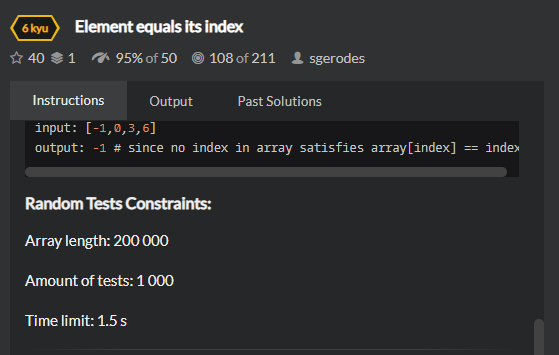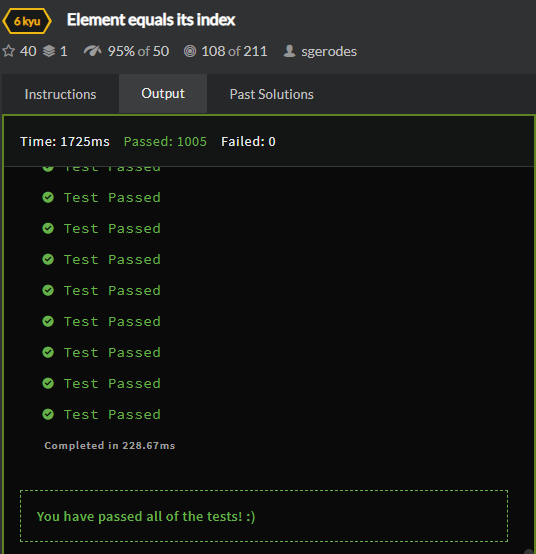Codewars Kata: Given integers a and b, count all primes p where a ≤ p < b and the digits of p are all prime. b may be as large as 107.
To start with, I hardcoded all valid 1903 primes in \$[1, 10^7]\$ that can be formed from digits \$\{2, 3, 5, 7\}\$ and stored it in a list. Then I use binary search to locate the indexes corresponding to the given bounds, then return the difference of these indexes + 1, and my code times out. That is frankly baffling to me. Like I can't even coherently theorise why the program would be slow. All the heavy duty computation is handled by the binary search which is logarithmic time, and is called only a few times and on a 1903 element list (Also, the binary search function completes 1000 searches of 200,000 element lists in 228.67s in another kata, so I don't think I implemented it poorly).


My Code
def xbinsearch(pred, lst, *extras, type = "min", default = None):
low, hi, best = 0, len(lst)-1, default
while low <= hi:
mid = (low+hi)//2
p = pred(mid, lst, *extras)
if p[0]: #The current element satisfies the given predicate.
if type == "min":
if best == default or lst[mid] < lst[best]: best = mid
hi = mid-1
elif type == "max":
if best == default or lst[mid] > lst[best]: best = mid
low = mid+1
elif p[1] == 1: #For all `x` > `lst[mid]` not `P(x)`.
hi = mid - 1
elif p[1] == -1: #For all `x` < `lst[mid]` not `P(x)`.
low = mid + 1
return best
def pred_a(idx, lst, *extras):
tpl, val = [None, None], lst[idx],
if extras: a, b = extras[0], extras[1]
tpl[0] = a <= val < b
if val > b: tpl[1] = 1
elif val < a: tpl[1] = -1
return tuple(tpl)
def get_total_primes(a, b):
low, hi = xbinsearch(pred_a, primes, a, b), xbinsearch(pred_a, primes, a, b, type="max")
return hi + 1 - low

>instead of>=in my upper bounds check because I thought it was an inclusive upper bound while it was in reality exclusive. Should I delete my question or answer it. \$\endgroup\$low,highcannot possibly be before it... therefore only searchingprimes[low:]could be faster! \$\endgroup\$